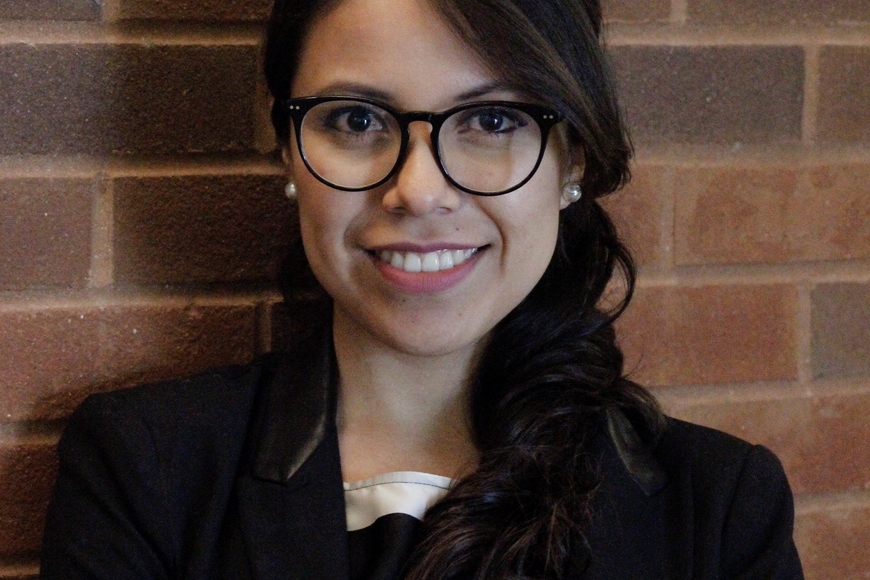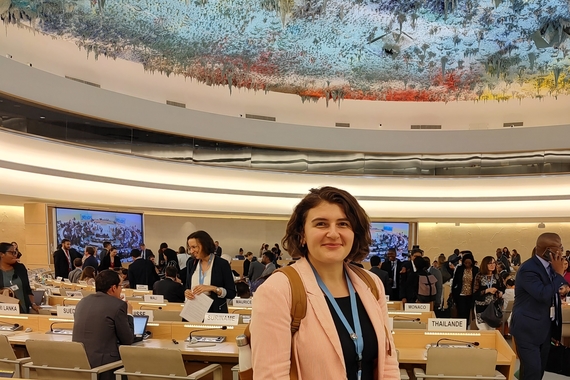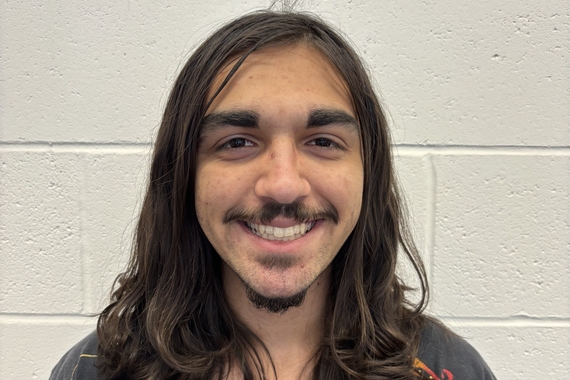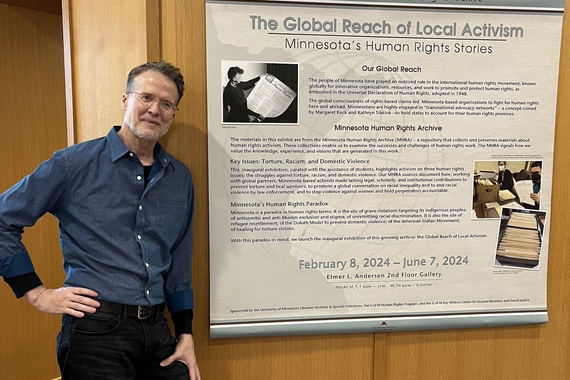Advocating for Victims of Human Trafficking
Human Rights Program (HRP): Where are you currently working and how long have you been working there? What type of projects/tasks do you work on?
Andrea Daniela Martínez (ADM): I graduated from the Masters of Human Rights in May of 2018, and after a short existential crisis of what I wanted to do with my life and my diploma, I decided I wanted to gain more experience in the field by working directly with vulnerable groups. Then, I applied for the position of Human Trafficking Legal Case Manager at The Advocates for Human Rights and started working there in June of 2018. I have been part of The Advocates for almost nine months, and the experience has been fulfilling and, in the beginning, emotionally exhausting but in a good way. It is similar to the tiredness you feel after working out because you know you are improving but it takes effort. In the organization, I do direct screening with potential clients (by clients I mean survivors of human trafficking). Then, if the organization has the capacity and resources to take the case, I assist in the file preparation for placement with volunteer attorneys. I also follow up on clients and gather data related to legal casework. It is hard listening to people’s stories about how they have been exploited and abused, but also it is rewarding to do as much as you can to assist them. I also initiated an outreach strategy with the Latino community to increase awareness about human trafficking. We are focusing on youth because, on the one hand, they can be more vulnerable to traffic, but also their empowerment is key to prevention in the community.
HRP: How do you see your academic experiences playing out in your life today? What were some motivations for pursuing this field of work? What have been some of the biggest learning moments for you in your academics and your work?
ADM: This journey, which started when I came here to Minnesota in 2016, has been transformative. During my second day of school, a very secure and persuasive student asked me if I had already joined the Humphrey Students of Color Association. I hesitated for a moment and then asked her: “What does it mean being a student of color?”. She said, “if you are not white, then you are a student of color.” It seemed pretty simple, so I looked at my skin, and I thought “yeah, I guess I am a student of color.” What I mean is that my identity has changed. I was born and raised in Mexico City, and before coming here I had never questioned my identity, I was Andrea, a Mexican citizen and I would study my Master’s degree and then go back home to apply everything I learned. For personal reasons, I decided I wanted to stay a little bit longer. Then, my accent, the color of my skin, my ID, and my personal experiences became more important in my new context.
Here, I am an immigrant. I am not only Mexican but Latina, a person of color, part of a minority group. The work that I do at The Advocates has given me the opportunity to reflect not only about my identity as an immigrant but also about my privileges. Because, I am part of the privileged group of immigrants that came here by choice, not running away from anything. I have had access to high-quality education, and I have documents that allow me to work and live a comfortable life, without being afraid of being separated from my family. Most of the clients at The Advocates don’t have those privileges, and this reality has motivated me to try to have a positive impact on their life with the resources that this job provides to me.
Also, I learned a lot from my classmates at Humphrey. I am grateful for the opportunity of listening and talking to people from different backgrounds and cultures. This rich exchange of ideas sometimes was informal; for example, as an international student, it was fun to talk to other international students about our cultural shocks. However, other times, the discussions were more academic. I appreciate the opportunity I had of listening about human rights conditions in other countries from smart and talented people who were also part of the program. This experience humbled me and made my perspective on human rights issues broader.



